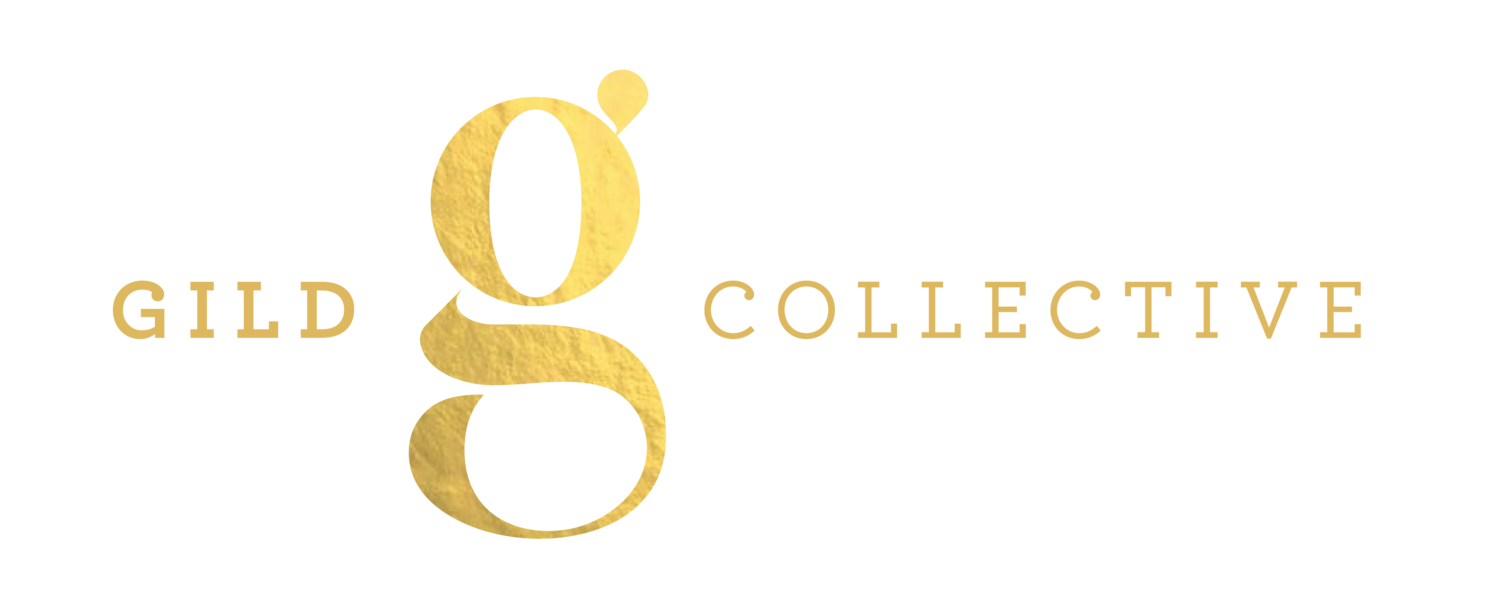In the winter of 2019/2020 we worked with FEG Investment Advisors to deliver a firm-wide unconscious bias training with a focus on gender and race / ethnicity. As a first step for the full firm, there was a desire to create awareness of equity and inclusion and create a positive dialog where everyone feels supported—no victims or villains.
In order to be comprehensive in our approach, and in order to better understand the employees of FEG, we created a firm-wide survey to gain insight into employee perception of diversity and inclusion efforts so far, and to learn what employees are looking for going forward. We used the data collected from these surveys to design four unconscious bias training sessions: two for individual contributors, and two for managers.
Our approach to these trainings, while slightly different for both groups, was to meet the following objectives:
Understanding the impact of inherent bias in the workplace and beyond
Creating distinction between equity and equality, and the steps to achieve each one
Recognizing the value of creating a diverse workforce and drivers of recruitment, retention and engagement of diverse employees
Assessing our own personal unconscious biases—where they are rooted and how we can overcome them
Identifying situational factors that make us more prone to the influence of our unconscious biases, and creating understanding of how to overcome bias in those situations
Developing concrete steps and actionable tools to interrupt bias and become an ally to others—creating a culture of advocacy company-wide
It is always incredibly rewarding to work with organizations who are kicking off their educational efforts for diversity and inclusion for the first time. It proposes unique challenges, but gives us the opportunity as facilitators to offer our perspective from the beginning. We are grateful for the partnership with FEG and look forward to working with them in the future.


